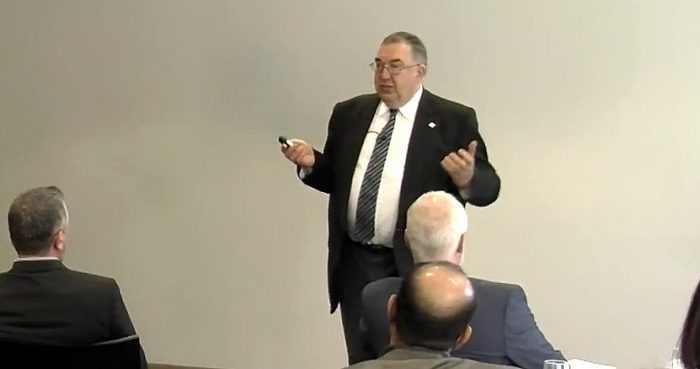A decline in social interaction in the workplace is causing concern for business and organizations.
While employees enjoy the convenience of digital messaging and automated work processes, some aspects of workplace life are suffering. As digital communication is replacing face-to-face interaction between co-workers the shift is taking a toll on their emotional lives and having a negative impact on the workplace environment and business outcomes.
Career coach, professional speaker and Schulich instructor Stephen Friedman has noted that job ads now ask for “exceptional interpersonal skills”, something employers were not specifically requesting 20 years ago. He has observed a decline in sociability and rapport that has become the norm in the very place where so many people spend most of their time — the office.
How do leaders nurture a workplace atmosphere of friendliness, cooperation and goodwill? As Friedman pointed out, employers have been recruiting with the need for “soft skills” in mind. But that is not enough. The importance of collaboration and harmonious interaction needs to be embedded into corporate culture.
For instance, it is a common complaint that meetings are a waste of time, but leaders need to stress their necessity. Humans do most of their communication non-verbally and are programmed to interpret visual cues such as body language and facial expressions in order to understand each other and see other points of view. Time limits and strict agenda planning can make in-person meetings less of a burden.
Establishing written guidelines for internal communication, including email etiquette, can have a big impact on office climate. Tactless email correspondence entrenches workplace conflicts and does not reflect well when it spills over to communication with external vendors and partners.
As the saying goes, an ounce of prevention is worth a pound of cure. Workplace conflicts and misunderstandings can be more easily resolved when good rapport is established between co-workers from the outset.
In today’s technologically oriented society, balancing the digital and personal worlds can be a challenge. Corporate leaders, managers and all employees can work together to re-engage with the power of interpersonal skills.
*
The topic of this article is covered in the curriculum for Schulich ExecEd’s Schulich Mini-MBA: Essentials of Management (starting Sept. 12, 2019). The program is designed to help managers acquire all the current, robust business competencies directly applicable to real workplace situations.














